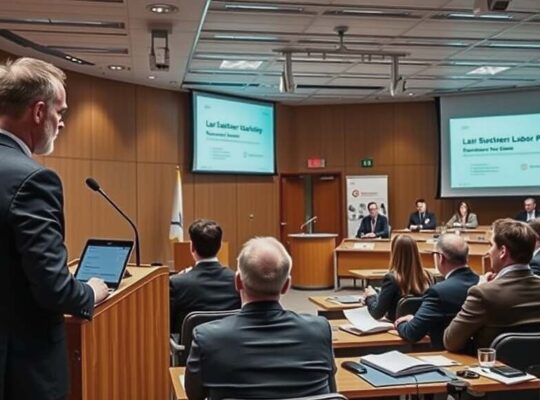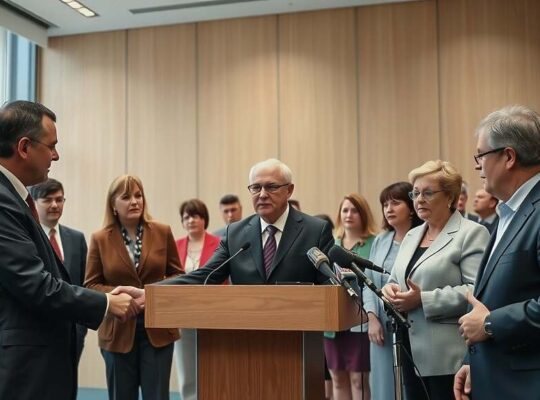Significant progress is being observed in Germany’s transition to renewable heating sources, according to the German Energy Consultant Association (GIH), with a shift towards fully electric heat pumps becoming increasingly prevalent. Stefan Bolln, Chairman of the GIH, noted a marked change in the market, observing that while hybrid solutions were previously common as transitional measures, the current trend leans decisively towards fully electric heat pumps.
This shift is particularly noticeable in Hamburg and Schleswig-Holstein, where regional ordinances have significantly restricted the replacement of fossil fuel heating systems. Bolln suggests that the Building Energy Act (Gebäudeenergiegesetz), often referred to as the “heating law” is now acting as a constraint in these areas.
The growing acceptance of these changes is attributed to stabilizing prices for heat pumps, increased experience within the trades sector and the emergence of robust competition focused on efficient systems.
Currently, the law mandates that new heating systems must be powered by at least 65% renewable energy. The GIH sees this provision as a critical element in achieving the heating transition and cautions against any significant alterations by Economics Minister Katherina Reiche, who is currently reviewing the Building Energy Act.
While the current legislation maintains a technology-neutral approach, allowing for solutions incorporating biomass, solar thermal energy, district heating and hybrid systems, the GIH warns that increasing this neutrality further could inadvertently permit the reintroduction of fossil fuels like natural gas and heating oil. They urged Reiche to prioritize the federal government’s climate policy goals and align with broad societal support for increasing renewable heat.
In addition to the existing framework, the GIH is advocating for refinements to funding mechanisms. Specifically, they call for a substantial increase to the basic funding rate for building envelope improvements, currently at 15% and an expansion of income-based bonuses to encompass efficiency measures such as insulation and comprehensive energy renovations. They propose a reduced level of funding for situations where homeowners continue to operate fossil fuel heating systems alongside new, climate-friendly alternatives.
Bolln emphasized that the necessary investments – estimated at considerably less than one billion euros annually – would offer significant economic benefits. These include supporting skilled trades, improving the energy quality of the existing building stock and generating state revenue through increased contracts, income and value-added tax. He asserted that the overall economic impact would be decidedly positive.












